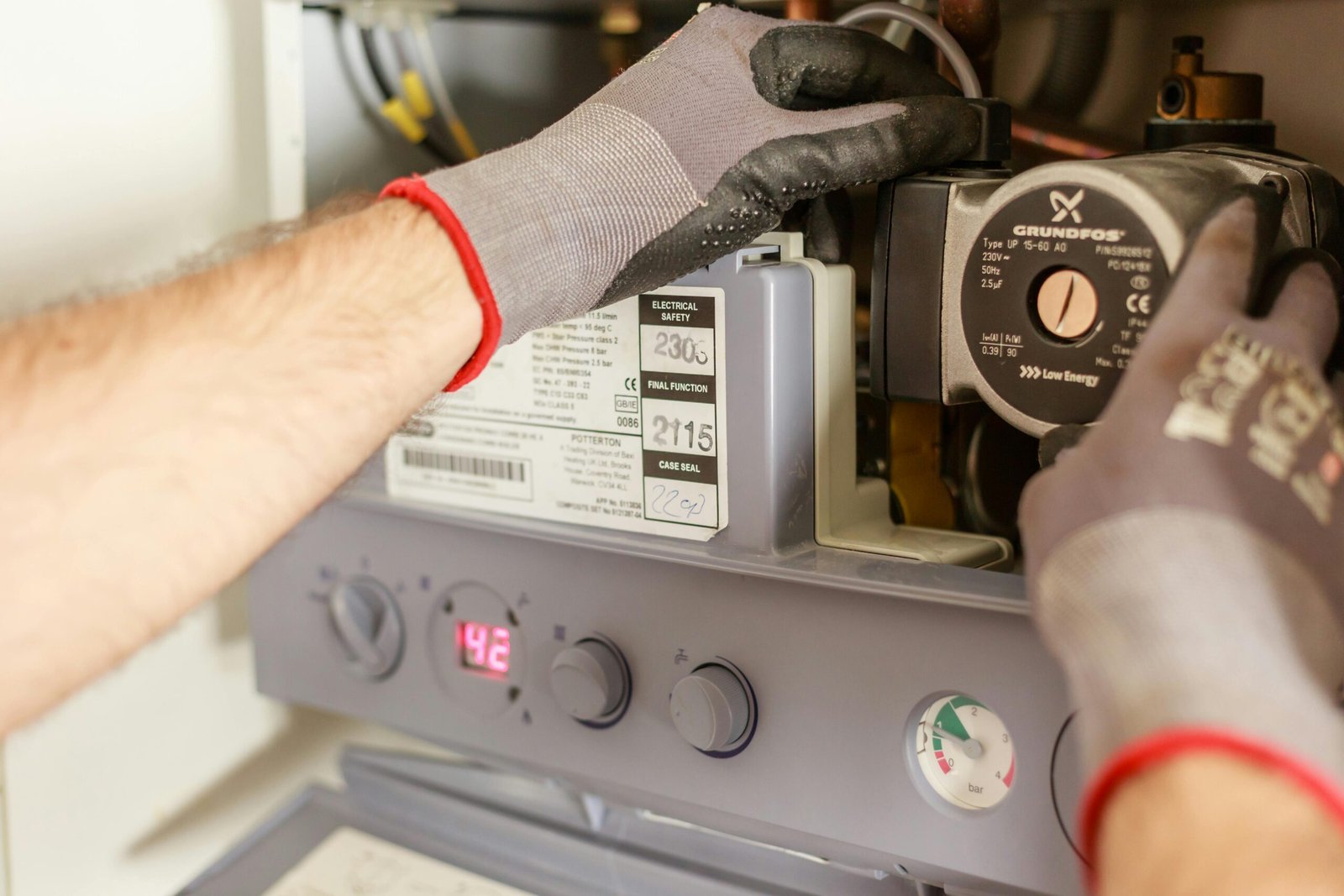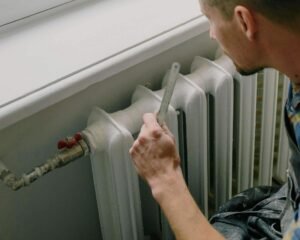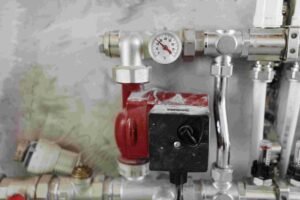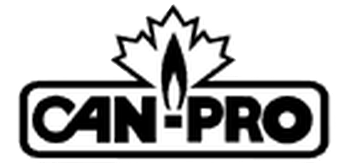Understanding the Winnipeg Climate and Its Impact on HVAC Needs
Winnipeg, known for its extreme climate, experiences a wide range of temperatures throughout the year. Winters are notably severe, with temperatures often plunging well below freezing, while summers can be hot and humid. These extreme weather conditions create a substantial demand for reliable heating, ventilation, and air conditioning (HVAC) systems. For businesses in the heating and cooling sector, understanding these climatic dynamics is essential for meeting customer needs effectively.
During the frigid winter months, heating systems become indispensable. Winnipeg residents and businesses heavily rely on efficient furnaces, boilers, and heat pumps to maintain comfortable indoor environments. The high demand for heating solutions presents both challenges and opportunities for HVAC companies. Ensuring that systems are not only effective but also energy-efficient is key. This is particularly important given the extended duration of the cold season, which can significantly impact energy consumption and costs.
The summer months, characterized by high temperatures and humidity, necessitate robust air conditioning systems. Air conditioners and ventilation systems are critical in providing relief from the heat, maintaining indoor air quality, and ensuring comfort. As with heating systems, the efficiency and reliability of cooling systems are paramount. HVAC businesses must be adept at installing and maintaining a variety of air conditioning units, from central air systems to ductless mini-splits, to cater to diverse customer needs.
Seasonal trends also play a significant role in service requests. There is often a surge in demand for HVAC services during the transitional periods of spring and fall, as residents prepare their systems for the upcoming extremes. Regular maintenance and timely repairs are crucial in these periods to prevent system failures during peak usage times. Understanding these patterns allows HVAC businesses to allocate resources effectively and optimize their service delivery.
The unique climate conditions of Winnipeg thus present a distinctive landscape for heating and cooling businesses. By comprehensively understanding these environmental factors and their impact on HVAC needs, companies can better tailor their services, ensuring reliability and customer satisfaction throughout the year.
Key Strategies for Success in Winnipeg’s Heating and Cooling Market
In the competitive landscape of Winnipeg’s heating and cooling market, businesses must adopt a multifaceted approach to stay ahead. One of the cornerstone strategies is providing excellent customer service. Building trust and rapport with clients can significantly impact customer retention and referrals. Prompt responses to inquiries, transparent communication, and follow-through on commitments are critical components of superior customer service. Additionally, offering personalized solutions tailored to individual customer needs can enhance satisfaction and loyalty.
Staying updated with the latest HVAC technologies is another vital strategy. The heating and cooling industry is continuously evolving, with new innovations enhancing efficiency, sustainability, and comfort. Businesses should invest in continuous education and training for their workforce to ensure they are proficient in the latest technologies and installation techniques. This not only improves service quality but also positions the business as a leader in the market.
Compliance with local regulations and standards is non-negotiable. Winnipeg has specific codes and regulations governing HVAC installations and maintenance. Adhering to these standards not only ensures the safety and satisfaction of customers but also protects the business from potential legal issues. Regular audits and updates to company practices can help maintain compliance and uphold industry standards.
Offering maintenance plans and emergency services is another effective strategy to build long-term customer relationships. These plans provide customers with peace of mind, knowing that their systems are regularly checked and maintained, reducing the likelihood of unexpected failures. Emergency services further enhance customer trust, as they demonstrate the business’s commitment to being available when needed the most.
Marketing strategies play a crucial role in business success. Leveraging online reviews can significantly impact a company’s reputation. Encouraging satisfied customers to leave positive reviews and addressing any negative feedback promptly can enhance online presence. Additionally, local SEO strategies, such as optimizing website content for local keywords and ensuring accurate business listings, can improve visibility in search engine results, attracting more local customers.
Finally, investing in workforce training and development is essential. Skilled and knowledgeable technicians are the backbone of any heating and cooling business. Regular training sessions, certifications, and staying abreast of industry best practices ensure that the workforce is well-equipped to handle diverse and complex customer needs. This not only improves service quality but also fosters a culture of continuous improvement and professional growth within the company.






